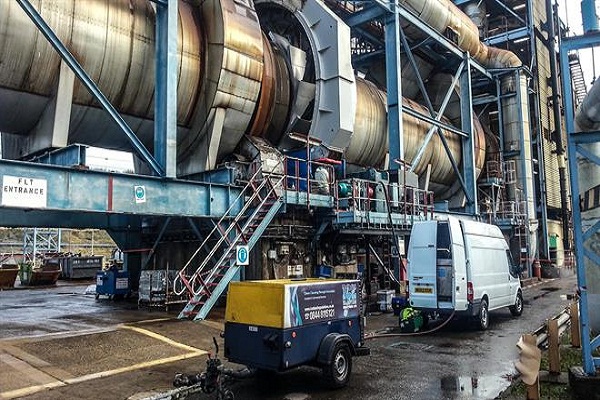Engineering is an integral field of study, and petroleum engineering is one of the top-paying industries in the world. Petroleum engineers work on extracting oil from different areas, including under the surface of the water. The work can be hard but pays well, with many opportunities for advancement.
How hard is petroleum engineering to study?
Petroleum engineering can be a difficult major to pursue because it requires mastery of math, science, and chemistry and excellent communication skills. However, many benefits come with this line of work, such as high salaries and career growth potentials. If you’re considering pursuing this degree path, then you should know what you’re getting into before signing up for courses or applying to schools so that your education matches your expectations! You may be unpleasantly surprised if you find out that your capabilities are limited and there is too much work for you to handle. Read more: How Do Oil Pipes Get Cleaned?
What is petroleum engineering?
Petroleum engineers study different ways to extract oil and natural gas using fracturing and drilling procedures. This degree path is hands-on, allowing professionals to get their fingers dirty to understand how equipment is used and how it can be improved upon. Students who graduate from petroleum engineering programs will have a strong understanding of chemical & physical properties, physics, chemistry, geology, thermodynamics, calculus, and many other mathematical courses.
What does a petroleum engineer do?
The primary responsibilities of a petroleum engineer include drilling for oil and monitoring the production of oil wells. They use mathematical data to determine how certain efficient processes are, which allows for improved production rates. Professionals in this field may also collaborate with geologists to study potential oil fields, help to reduce pollution levels by improving the refining process and improve machines used to extract natural gas.
Requirements to study petroleum engineering
Some of the requirements to study Petroleum Engineering include being a US citizen, having a high school diploma with a GPA of at least 3.0 on a 4.0 scale, and passing an entrance exam. Once enrolled in school, students will need to complete specific courses like math (including geometry, algebra, trigonometry & calculus), chemistry (organic, inorganic & biochemistry), physics, and English.
The types of math courses you’ll have to take depend on your score on the entrance exam. Students should also be prepared for a minimum 4-year college degree program. Though there are other ways to get into this field, such as transferring from another college majoring in petroleum engineering or taking courses in high school that is equivalent to college courses, these options may be more difficult and time-consuming. Petroleum engineering degrees can be expensive and cost around $40,000 a year for four years at a typical university.
Who is petroleum engineering good for?
This degree path is perfect for individuals who love math and science and work with their hands. Petroleum engineers get to travel and work on sites worldwide where they’re often needed, so it’s a great choice for individuals who are open to moving. Since this major requires many years in college, students should have a strong desire for knowledge and an ability to focus on avoiding being overwhelmed.
Tags: petroleum engineering



Leave a Reply